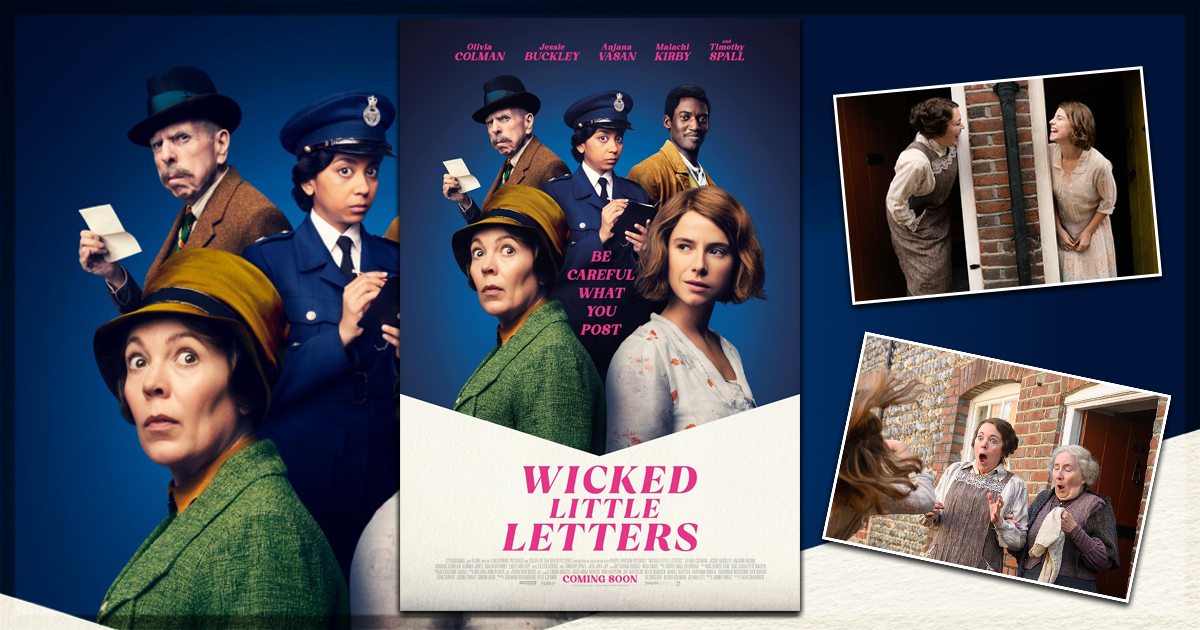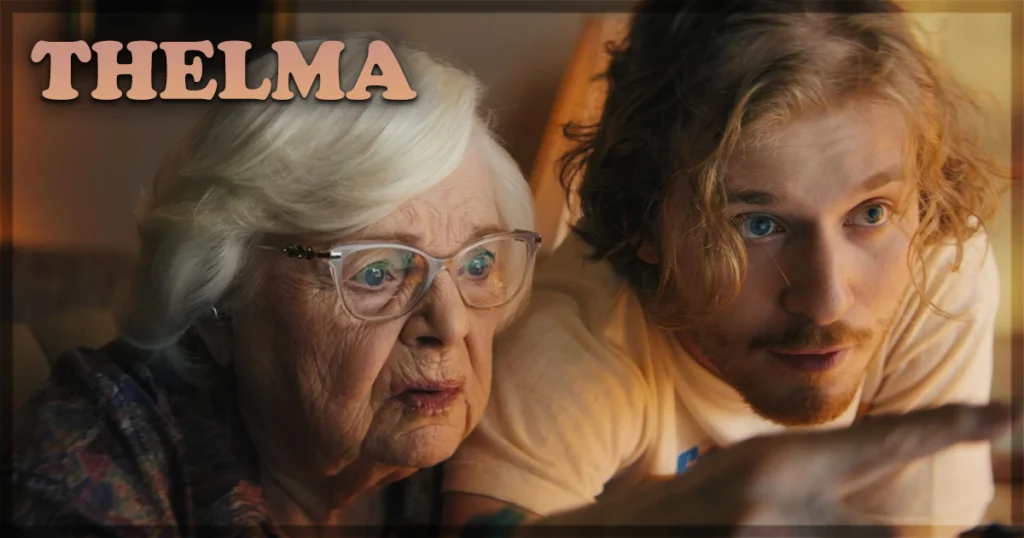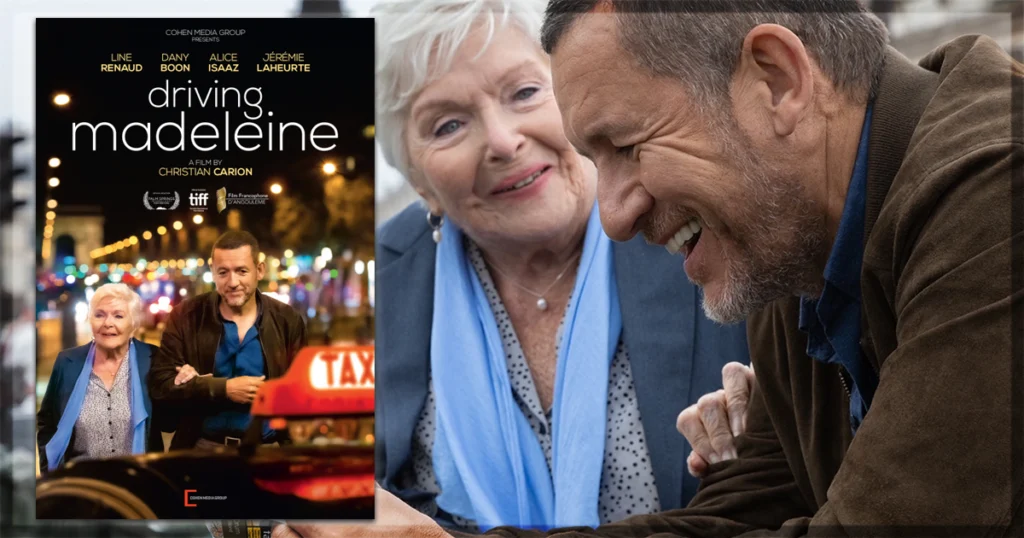When one thinks of letter writing in the contemporary age, we tend to think of it as a forgotten art form where communicators shared feelings of friendship through the personal means of delivering a handwritten message. Friendship is the last thing contained in the letters of Wicked Little Letters. Instead, we get colorful profanity and increasing obscenity, all for the purpose of giving an imperfect but nonetheless enjoyable middle finger to the patriarchy.
The story of Wicked Little Letters
Based on the little-known true scandal, the Littlehampton Libels, the story takes place in 1920s West Sussex. Edith Swan (Olivia Colman) is a devoutly religious spinster living with her quiet mother (Gemma Jones) and brash, bullish father (Timothy Spall). He exercises his authority at every opportunity, treating Edith more like a child than a woman. Edith has been on the receiving end of numerous nasty letters that viciously mock her character. This has harmed the pride of her father and damaged her own cripplingly low self-esteem.
Suspicions quickly fall on their next-door neighbor, Rose (Jessie Buckley). A working class single mother, her carefree use of profanities and proud disregard for lady-like behaviour is in line with the content of the letters. As Rose is accused of crimes that she insists she didn’t commit, the conflict between the women threatens to get much worse. Police Officer Gladys Moss (Anjana Vasan) vows to get to the bottom of the scandal but finds herself coming up against obstacles set in place by her male colleagues in the police force.
Wicked Little Letters is a candid criticism of historical patriarchy
Beneath its humorously petty conflict, Wicked Little Letters is a candid criticism of historical patriarchy. While the central dispute is between two women and whether or not one of them is sending hurtful letters to the other, both are portrayed as being shaped by the fickle demands of society, which was, and still largely is, determined by men. Edith has spent her whole life doing what she’s told and subscribing to what is deemed the correct religious beliefs or gendered societal functions by the men in her life. She dutifully prays to God and sycophantically agrees with her bully of a father on the barbarity of women’s suffrage despite internally believing in the opposite. Blaming Rose for the letters gives her a chance to exercise the upper-class superiority complex she has long been subjugated to by her father.
Rose, on the other hand, is defined by her refusal to bow down to patriarchy. Despite her working-class status putting her and her child on the edge of poverty, Rose defies the sexist standards of men at every turn through her explosive temper, proud sexuality, and vile but undeniably creative weaponization of the English language. Gladys, the third person in this equation, is caught between the two. Constantly referred to as a woman police officer, likely the first in the force, she is caught between those two worlds of defiance and conformity, and her attempts to solve the case force her to navigate between both with increasing pushback from her incompetent male coworkers.
It’s a compelling commentary that makes its case fairly well through engagingly playful performances and solid use of camerawork. Distance is an important tool used within the cinematography in Wicked Little Letters, as close-up shots reveal the characters’ inner worlds and how they sometimes contrast with the facades they are putting on for the society around them. Meanwhile, mid and long shots depict the deeper longings in the characters’ lives, such as when Edith watches Rose play with Nancy, a shot of quiet pathos that suggests Edith wants what Rose has with her family. There’s a humanism to the characters underneath the ferocious insults.
Jessie Buckley steals the show with her eruptive displays of defiance, an amusing contrast to Olivia Colman’s more subdued and subservient portrayal. This juxtaposition in personas makes each character’s brief ventures into anger or tenderness all the more destabilizing. Alongside them, Timothy Spall is fittingly repulsive as Edith’s appalling father and Anjana Vasan is excellent at exasperated expressions. There is some creative licensing taken with historical facts, such as the exclusion of Officer George Nicholls, who was as crucial to cracking the case as Gladys. But, in fairness, including this character in an already crowded picture might have weakened the impact of its thematic ambitions.
The film’s assertive comedy misses as much as it hits
However, it’s very on the nose as well. The conversations between characters and actions taken to solve the case all point to the message Wicked Little Letters wants to convey. It’s hard not to disagree with its findings, but it also doesn’t go as deep as it could have with them, such as how the judgment of other women who subscribe to the status quo beyond Edith is just as vital for maintaining patriarchy as men are. There’s also a theatricality to the delivery that filters these interesting topics through assertive comedy that misses as much as it hits. For every genuinely amusing combination of swears, there’s another that reads like a 12-year-old who has just learned his first bad word. Meanwhile, conspicuous dialogue and smash cuts sell the punchlines with a certain insecurity, as if we’re unable to pick up on the joke without them.
Overall, Wicked Little Letters is still a decently entertaining period piece with important things to say. It’s understandable why a comedic approach was taken, given the vivid content of the letters, but its thematic and dramatic dimensions end up being a lot stronger by comparison. This takes away some of the bite that the wicked little letters in question have in abundance, but it still makes for a fun time at the movies if foul-mouthed historical features are your cup of tea.
Wicked Little Letters is now in UK theaters.
Are you interested in Wicked Little Letters? Let us know by connecting with us on X @MoviesWeTexted.



